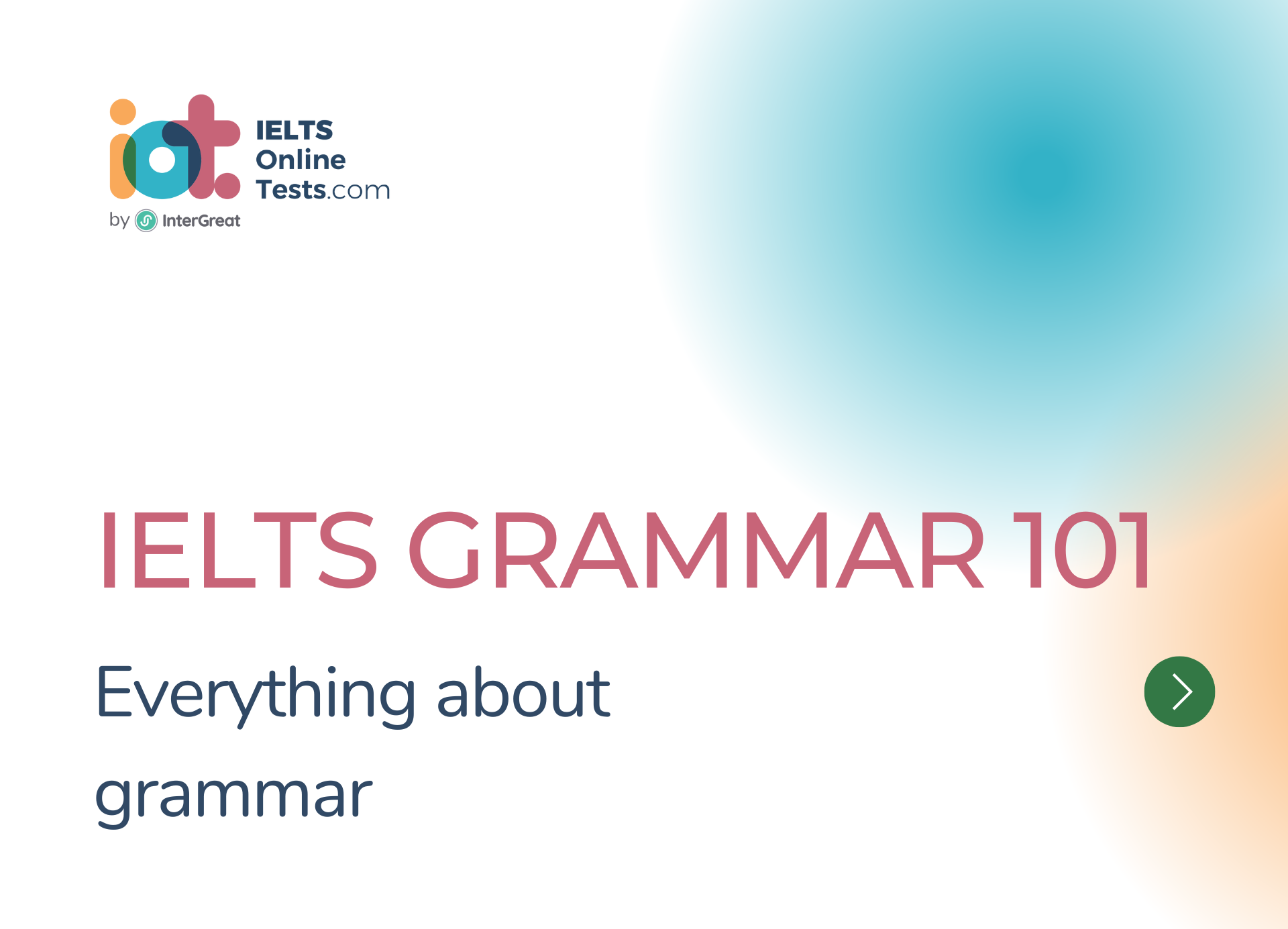
雅思101个必备语法
In the journey towards achieving success in the IELTS examination, a solid grasp of grammar is essential. The IELTS Grammar 101 course is designed to equip you with the necessary skills to excel in your language proficiency. By exploring the intricacies of nouns, pronouns, verbs, adjectives, adverbs, prepositions, conjunctions, and more, you will unlock the power of effective communication.
Understanding the different types of nouns, pronouns, and verbs will enable you to construct grammatically correct and contextually appropriate sentences. You will learn how to express ideas with precision, utilize pronouns to avoid repetition, and convey actions and states of being effectively.
Additionally, delving into the nuances of adjectives, adverbs, prepositions, and conjunctions will enhance your language skills, allowing you to describe, modify, and connect ideas seamlessly. By avoiding common mistakes and understanding correct usage, you will elevate the quality and clarity of your writing and speaking.
With this comprehensive knowledge of grammar, you will approach the IELTS examination with confidence. Your ability to construct well-formed sentences, express ideas with accuracy, and convey nuances will set you apart as a strong and proficient English language user.
Without any further ado, let's dive into our exclusive IELTS Grammar course for FREE:
- NOUNS
- Possessive Nouns
- Collective Nouns
- Compound Nouns
- Closed or Solid Noun Compounds
- Hyphenated Noun Compounds
- Open Compounds
- Proper Nouns
- Common Nouns
- Concrete Nouns
- Abstract Nouns
- Countable Nouns
- Uncountable Nouns
- Plural and Possessive Forms of Nouns
- PRONOUNS
- What is a Pronoun? How many types does it have?
- Pronoun Agreement
- Indefinite Pronouns
- Relative Pronouns
- Interrogative Pronouns
- Demonstrative Pronouns
- Reflexive Pronouns
- Personal Pronouns
- VERBS
- What is a Verb in English?
- Action Verb definition, types, and examples
- Transitive Action Verbs
- Intransitive Action Verbs
- Physical Action Verbs
- Mental Action Verbs
- Linking Verbs
- Examples of common linking verbs
- Auxiliary verb
- Primary Auxiliary Verbs
- Modal Auxiliary Verbs
- Modal Verbs
- Verb Agreement
- Verb Phrases
- Verb phrases types
- Regular and Irregular Verbs
- Verb Voices
- Verb Tenses
- The Simple tenses
- The Simple Present tense
- The Simple Past tense
- The Simple Future Tense
- The Continuous tenses
- The Present Continuous tense
- The Past Continuous tense
- The Future Continuous tense
- The Perfect tenses
- The Present Perfect tense
- The Past Perfect tense
- The Future Perfect tense
- The Perfect Continuous tenses
- The Present Perfect Continuous tense
- The Past Perfect Continuous tense
- The Future Perfect Continuous tense
- Key differences between the Simple Present, Present Continuous, Present Perfect, and Present Perfect Continuous tenses
- Key differences between the Present Perfect and the Present Perfect Continuous tenses
- Key differences between the Simple Past, Past Continuous, Past perfect, and Past perfect Continuous tenses
- Key differences between the Past Perfect and Past Perfect Continuous Tenses
- Key differences between the Simple Future, Future Continuous, Future Perfect, and Future Perfect Continuous tenses
- Key differences between the Future Perfect and Future Perfect Continuous tenses
- The Simple tenses
- Phrasal verb
- Are Phrasal Verbs and Verb Phrases the same?
- Transitive Phrasal Verbs
- Intransitive Phrasal Verbs
- Phrasal verbs with an idiomatic meaning
- Active and passive voices
- The verb "to be"
- Moods of Verbs
- Indicative Mood
- Imperative Mood
- Subjunctive Mood
- SENTENCE PARTS
- Sentence Parts: Subject
- Simple subject
- Compound Subject
- Implied Subject
- Gerund Subject
- Sentence Parts: Predicate
- Sentence Parts: Object
- Direct object
- Indirect Object
- Direct Object vs Indirect Object
- Object of Preposition
- Verb Types and Objects
- Position of Objects
- Sentence Parts: Subject
- ADJECTIVES
- Types of Adjectives
- Descriptive Adjectives
- Possessive Adjectives
- Quantitative Adjectives
- Interrogative Adjectives
- Indefinite Adjectives
- Comparative Adjectives
- Superlative Adjectives
- Proper Adjectives
- Compound Adjectives
- Emphasizing Adjectives
- Descriptive Adjectives
- Limiting Adjectives
- Predicate Adjectives
- Adjective Order guidelines and examples
- Adjective Clauses
- Demonstrative Adjectives
- Types of Adjectives
- ADVERBS
- Manner Adverbs
- Time Adverbs
- Place Adverbs
- Degree Adverbs
- Comparison Adverbs
- Adverb Formation
- Adverb placement
- Adverbial phrases
- Adjectives, adverbs, and adverbial phrases side-by-side comparison
- The common mistakes of using adverbs
- PREPOSITIONS
- Types of Prepositions
- Simple Prepositions
- Compound Prepositions
- Prepositional Phrases
- Idiomatic Prepositions
- Prepositions of Time and Place
- Prepositional Phrases as Adverbial or Adjectival
- Common mistakes with Prepositions
- CONJUNCTIONS
- Coordinating Conjunctions
- Subordinating Conjunctions
- Correlative Conjunctions
- Conjunctive Adverbs
- Subordinating Conjunctions vs. Conjunctive Adverbs
- Conjunction placement and formation
- Conjunction common mistakes
- Interjections
- VERBALS
- Participles and Participial Phrases
- Restrictive and Nonrestrictive Participial Phrases
- Gerunds and Gerund Phrases
- Infinitives and Infinitive Phrases
- Appositives and Appositive Phrases
- Restrictive and Nonrestrictive Appositives
- CLAUSES
- Independent Clauses
- Dependent Clauses
- Types of Dependent Clauses
- Relative Clauses
- Adjective Clauses
- Adverb Clauses
- Noun Clauses
- SENTENCES
- Simple sentences
- Compound sentences
- Complex sentences
- Compound-complex sentences
Embrace the journey of mastering IELTS grammar, and open the doors to success in your language proficiency and the IELTS examination. Start your grammar exploration today and empower yourself with the tools needed to excel in the world of English language proficiency.







